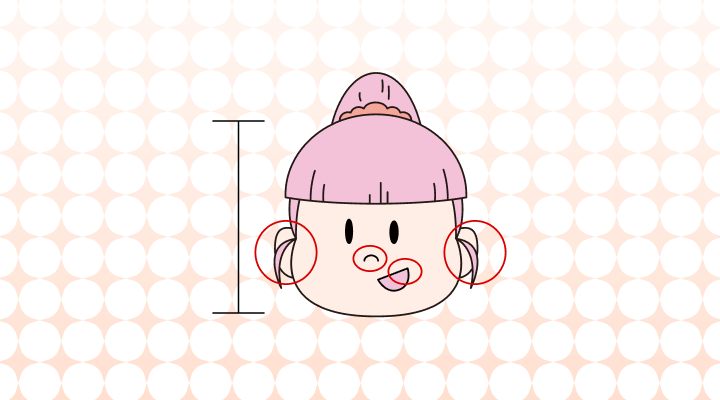"Visage" is a noun that refers to a person's face, facial features, or the expression on one's face. It is often used to describe the appearance or facial expression of a person but also can be used for an animal or inanimate object such as artwork of a person's face.
For example, the visage of a sculpture can be expressive and clearly shows the emotion that the artist wanted to convey. If the sculpture is of a human with a sad expression on its face, or visage, then a feeling of melancholy is conveyed to the viewers of the piece.
Although words like "face" or "expression" are more commonly used, "visage" is an eloquent and formal way of expressing a similar idea. The usage of "visage," however, has dropped since the 1800s.
Example sentences
- His visage revealed the weariness of a long journey.
- The artist captured the intricate details of her visage in the portrait.
- She tried to maintain a composed visage despite the stressful situation.
- His stern visage softened when he saw the surprise party his friends had organized.
- The actor's expressive visage conveyed a wide range of emotions on stage.
- The visage of the old castle gave it an eerie and haunting appearance.
- A warm smile transformed her visage, brightening the room.
- His visage showed the telltale signs of years spent in the harsh desert climate.
- The visage of the ancient statue had weathered centuries of exposure to the elements.
- The politician's somber visage reflected the gravity of the situation as he addressed the nation.
Want to sound like a native speaker?
Engram’s AI-powered grammar checker makes your English sound like a native speaker’s, suggesting natural English expressions on top of fixing grammar, spelling, punctuation, word order, and vocabulary.

Reference:
















